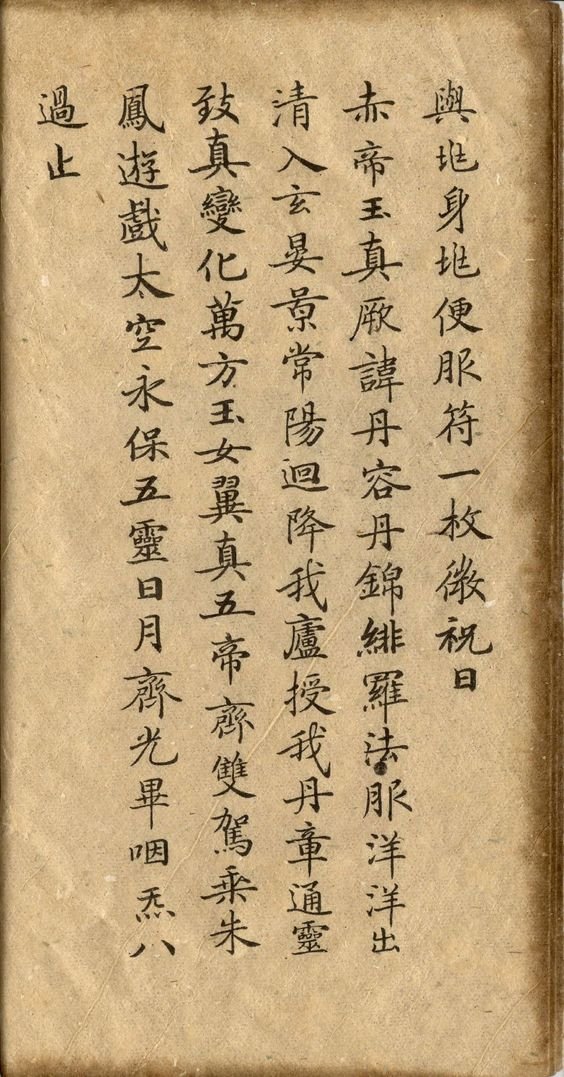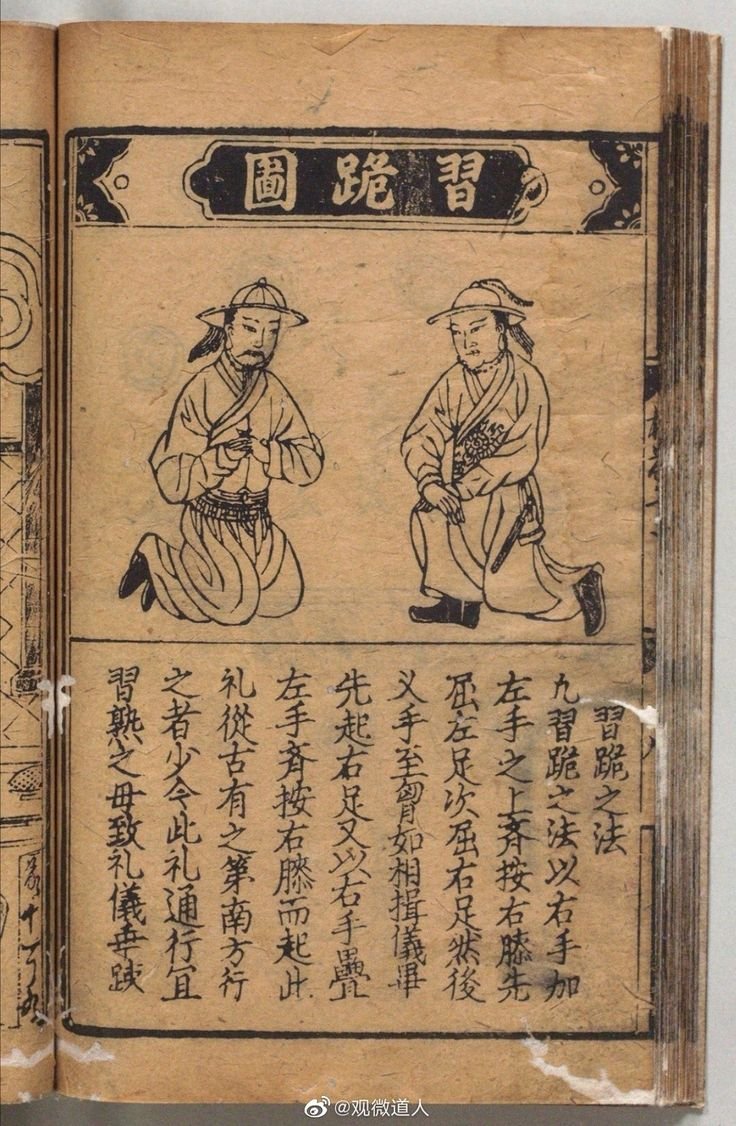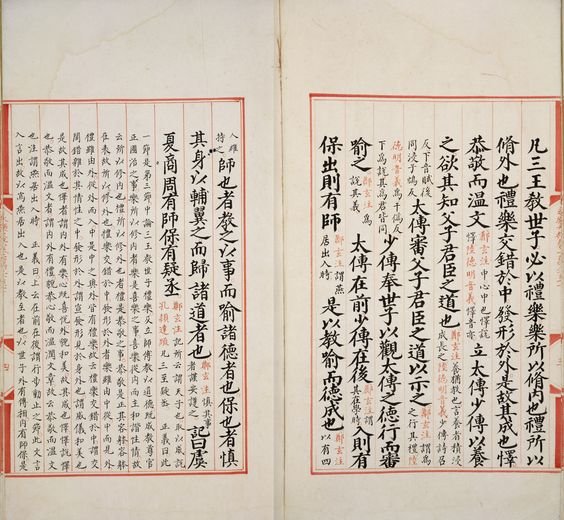Chinese 1250 B.C : Exploring the Ancient Chinese Language

Exploring the Ancient Chinese Language
The ancient language of China, which dates back to 1250 BC, is an interesting and complex form of communication. In this article, we will explore the history and structure of this fascinating language as well as its influence on modern-day Chinese dialects.
HISTORY
The earliest known written records in what would become the Chinese language date back to around 1250 BC during the Shang Dynasty. This early writing system was called “oracle bone script” because it was inscribed onto animal bones or shells that were used for divination purposes. Over time, these symbols evolved into a more recognizable form of writing known as “bronze script” which was used until 221 BC when it eventually gave way to a new style called “seal script” which is still seen today in some forms such as calligraphy artworks.

STRUCTURE
Chinese characters are made up of individual components that represent different meanings or ideas depending on how they are combined together with other characters. For example, one character may mean “person” while another means “to speak”. When put together they create a single word meaning “conversation”. The complexity and depth of meaning within each character make them difficult to learn but also incredibly rewarding once mastered.
INFLUENCE ON MODERN DIALECTS
Although there have been many changes over time, much of the original structure from 1250BC remains intact in modern day dialects such as Mandarin and Cantonese. Even though pronunciation has changed significantly since then (largely due to advances in technology), many words remain similar enough between languages so that someone who speaks both can understand each other without too much difficulty.

DECLINE OF THE CHINESE LANGUAGE
In recent years, there has been a noticeable decline in the use and knowledge of the Chinese language. This article will explore why this is happening and what can be done to help reverse this trend.
Reasons for the Decline:
There are several reasons that have contributed to the decline of the Chinese language. These include:
– Lack of Education: In some areas, access to education about Chinese culture and history is limited or non-existent. Without proper instruction on how to read, write, and speak Mandarin or Cantonese, it becomes difficult for people to learn these languages properly.
– Migration Patterns: As more people move away from their native countries into other parts of Asia or even abroad, they tend to lose touch with their mother tongue as well as the cultural traditions associated with it. This leads them towards speaking English instead which further contributes to its decline in usage among younger generations.
– Technology Advancements: With technology becoming increasingly accessible all over the world, many young people prefer using online tools such as Google Translate rather than learning traditional methods like reading books written in Mandarin/Cantonese characters, etc., resulting in fewer opportunities for them to practice their language skills regularly.

WHAT CAN BE DONE
Although there are numerous factors contributing towards its decrease in popularity among younger generations today; steps can still be taken by both individuals and governments alike so that future generations do not forget their heritage entirely – here’s how they can help.
– Encourage Learning at Home & School: Parents should encourage children from an early age onwards by providing resources such as textbooks written in Traditional Characters (or Simplified if preferred) along with audio recordings so that they become familiar with pronunciation rules too. Similarly, schools should also provide classes dedicated solely to teaching students about China’s rich culture & history through literature readings, etc., thereby helping preserve its legacy amongst new generations growing up today.
– Promote Use Through Media Platforms: Governments could work together alongside media companies like TV networks/radio stations etc. to promote programs featuring content related to and specifically towards educating viewers about, different aspects of China’s past & present while simultaneously encouraging conversations between speakers who already know either one dialect fluently versus another i.e. Mandarin vs Cantonese. Thus bridging any gaps existing between various communities living within the same country but having diverse backgrounds.

LEARNING CHINESE:
Chinese is one of the most widely spoken languages in the world, and learning it can open up a lot of opportunities. In this article, we will explore why you should learn Chinese and how to get started.
Benefits of Learning Chinese:
There are numerous benefits to learning Chinese that make it worth considering for anyone interested in expanding their language skills. Some key advantages include:
– Increased job prospects: Knowing multiple languages gives you an edge when applying for jobs as many employers value multilingual employees highly.
– Improved communication with family/friends who speak Mandarin or Cantonese: If you have friends or family members who speak these dialects, being able to communicate with them fluently can help strengthen your relationships.
– Access to cultural experiences from around China and other countries where Mandarin is spoken: Being able to understand what people say opens up new possibilities for travel, entertainment, business dealings etc., which would otherwise be unavailable if you only spoke English.

Getting Started with Learning Chinese:
If you’re ready to start learning Chinese there are several options available depending on your budget and time constraints. Here are some tips for getting started quickly and effectively:
– Find a tutor or take classes at a local school/university – This is probably the best way to learn since having someone experienced guide you through the process makes things much easier than trying to teach yourself from books alone.
– Use online resources such as apps like Duolingo – These apps provide great tools for self-study but may not give enough structure so they work better as supplements rather than primary sources of instruction (especially if you’re just starting out).
– Read books written by native speakers – Reading material written by natives helps familiarize yourself with proper grammar usage while also giving insight into different aspects of culture-related topics such as food, customs etc.

CONCLUSION
The ancient Chinese language from 1250BC is an incredible feat of human ingenuity and creativity that continues to be influential even today despite all the changes over time. But it is also true that the Chinese language is facing a serious threat due to lack of education regarding its importance combined with migration patterns leading away from homeland coupled technological advancements making it easier to communicate without actually knowing words spoken being used during the conversation. Its unique structure allows for deep levels of understanding beyond just literal translations – something that makes learning it both challenging yet immensely satisfying at the same time. However, hope isn’t lost yet since parents / teachers / government officials working hand-in-hand to create awareness via media platforms showcasing positive examples showing the value placed upon preserving linguistic heritage passed down from generation to generation, ensuring that a bright future lies ahead for those willing take initiative.


